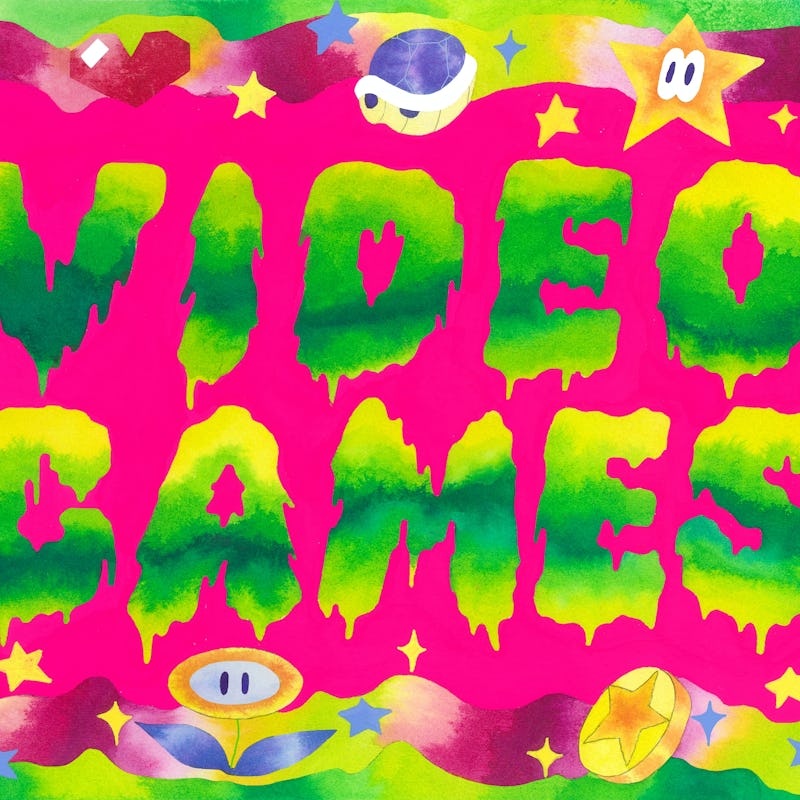Welcome to the next level
A letter from the editor.

Video games have been part of our lives for far longer than most of us realize.
My own dear dad has claimed for decades to have briefly held the world record score for Burger Time on the Intellivision at some point in the early ‘80s. While I have never seen the evidence for this, I very much hope it’s true.
Home gaming consoles have been around since the early ‘70s, but it was in the 1990s when the industry really found its stride, evolving from a niche segment of the toy industry into a worldwide cultural phenomenon. But still, games were widely perceived as a childhood habit most of us would eventually grow out of and banish to the closet with our Bop Its and Pogs.
Thankfully, most of us didn’t listen.
Here’s one for the ‘90s kids.
Today, the global games market is worth more than $170 billion. Earlier this year, the organizers of the Tribeca Festival included eight games as Official Selections, with an eye toward elevating the unique potential of games as a storytelling medium. In 2020, the viewership for The Game Awards (83 million) absolutely dwarfed that of the Oscars (23.6 million).
When I spoke to Geoff Keighley about The Game Awards back in 2019, he commented: “It only gets better, right? That’s why this industry excites me so much.”
You’d be hard-pressed to make such a bold declaration about movies or music. (Whether or not the era of Peak TV is in the rearview is a topic for another day.) But he’s exactly right. Games really do just keep getting better.
The reasons for this are more complex than they seem at first glance. Like Willy Wonka’s glass elevator, games don’t simply get better because technology gets better. It’s a medium that can grow sideways and longways and every other way that you can think of.
Games improve by looking to the past, reimagining classic experiences — like Final Fantasy VII or Resident Evil 2 — that have become part of the cultural lexicon. It’s perhaps the singular art form where “reboot” and “remake” aren’t dirty words, but welcome surprises and cherished dreams made real. Games grow by looking sideways, borrowing inspiration from unexpected art forms like Genesis Noir, bringing underrepresented voices into the conversation like Tell Me Why, and building communities like Animal Crossing: New Horizons.
The Video Games Issue 2021 finds its foundations in some of the games of the 1990s, kicking off with the history of a forgotten, much-maligned Indiana Jones adventure that was ahead of its time. From there, we’ll go sideways and longways and every other way that you can think of.
Now read...
- 25 years ago, Indiana Jones met C-3PO in a game no one remembers
- 2021's most popular video game console isn't what you expect
- 10 stunning hand-drawn images from a new Metroid guide
- The oral history of Banjo-Kazooie, the N64’s unlikeliest hit
- 25 extremely rare consoles and accessories
- The untold story of Valorant’s gun buddies
- FF7 Remake director reveals how he fought for Cloud’s “cool dance moves”
- 2022's most anticipated game could change the industry forever
- The 50 best weapons in video game history
- The 25 best NES and SNES games on Nintendo Switch Online
- The best Western RPG ever made has a surprising real-life benefit
Later this week, we'll have even more to share. Welcome to Inverse's Video Games Issue 2021. Let’s mosey!
This article was originally published on